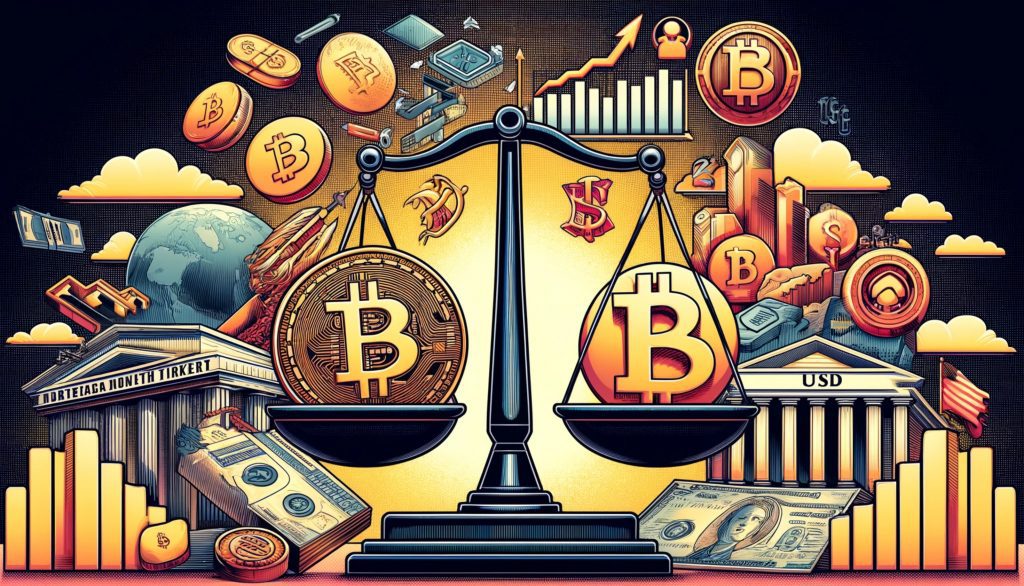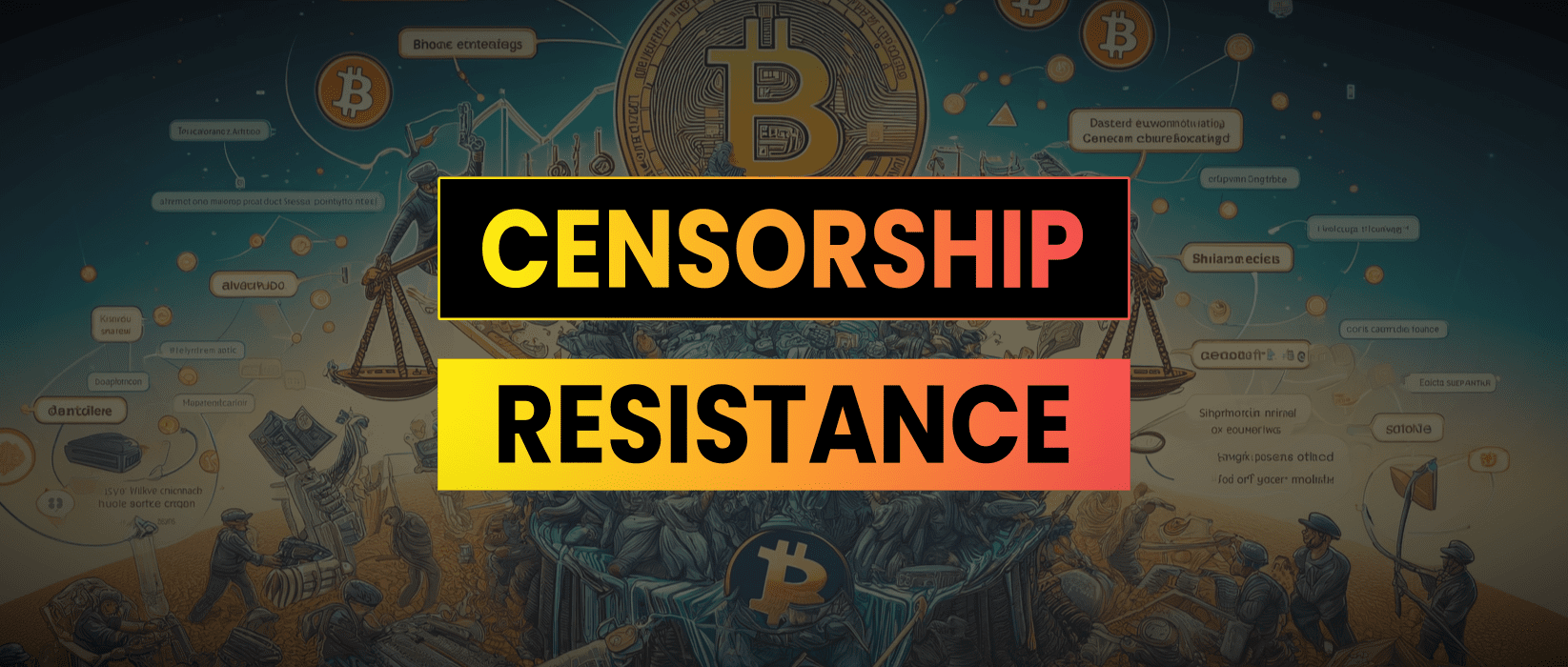Imagine a world where your transactions are dependent on government approval. A central authority has the ability to cut off your right to trade for any reason they see fit. We aren’t far from this already and we’ve things like sanctions and freezing of assets by governments around the world.
This primarily targets the banking sector where licenses are granted to institutions who play by the rules and are subject to the authorities rule.
Bitcoin is designed to be immune to government censorship, where financial freedom is a valued human right. However as we move towards more regulated, institutional adoption we’ve seen things like blacklists come into play where centralized exchanges wont accept certain deposits.
This affects the fungibility of Bitcoin, 1 BTC might not always be worth the same as another 1 BTC if one of them is flagged as hacked funds being held by North Koreans.
Note that these blacklists aren’t part of Bitcoin and are built as a layer on top of the technology by entities that wish to cooperate with regulators (which is almost the entire industry built around the technology).
How Is Bitcoin Censorship Resistant?
Bitcoin is censorship resistant due to its decentralised network of nodes, cryptographic security and p2p transaction broadcasting, which collectively prevent any single entity from controlling or censoring the network.
Its open source Proof of Work consensus mechanism and the immutability of the blockchain ensure that transactions cannot be altered once confirmed.
Pseudonymity protects user privacy to some extent as a Bitcoin address doesn’t directly pass KYC/AML regulations and it’s not easy to track who sent it. Work is being done to better track funds by requiring on/off ramp institutions to KYC all users.
Bitcoin’s resistance to censorship is dependent the role of miners and block rewards. The distribution of new Bitcoin issued as block rewards incentivises global mining which is crucial as it makes it financially unsustainable for any single party to dominate the network.
But what happens if a miner decides to enforce censorship? This scenario is where Bitcoin’s design shines. Transaction fees build up on unconfirmed transactions, non-censoring miners are incentivised to process these transactions for the extra profit, increasing overall competition and hash rate. If the non-censoring hash power surpasses that of the censor, censorship efforts fail.

Could Bitcoin Be Banned?
Bitcoin is designed to be in direct competition to government issued fiat currencies. Is it a threat? Not really at this stage and it’s not something that’s on the radar of most politicians and economists.
History shows that states often ban popular activities such as drugs, gambling but this is rarely successful. Bitcoin, as a decentralised and permissionless currency, is designed to function without state approval, operating just fine in a black market.
If the US government banned Bitcoin tomorrow for whatever reason, the network would carry on. The US miners might be foreced to shut down but globally there are enough miners around the world to keep the blocks going.
User applications and institutions like Coinbase could be forcibly shut but again these are layers on top of the network itself. This is an advert for self-custody where by holding your own keys there’s no threat that someone else can lose or take your BTC.
A government ban would likely impact price significantly and this could have knock on effects causing shock industry wide, but from a technical stand point they can’t shut down the network or reliably prevent users interacting with it.
File sharing apps and torrent sites are good examples of decentralized networks that governments around the world have been trying to shut down for years with limited success.
Bitcoin’s design ensures that it remains a bastion of financial freedom and censorship resistance. By understanding these mechanisms, you can appreciate the robustness of Bitcoin’s network and its potential in an increasingly regulated world.
If you would like to stay up to date with blockchain development and emerging DeFi technology, I have a newsletter at https://bachini.substack.com. Stay informed and join the community of those who value financial sovereignty.


